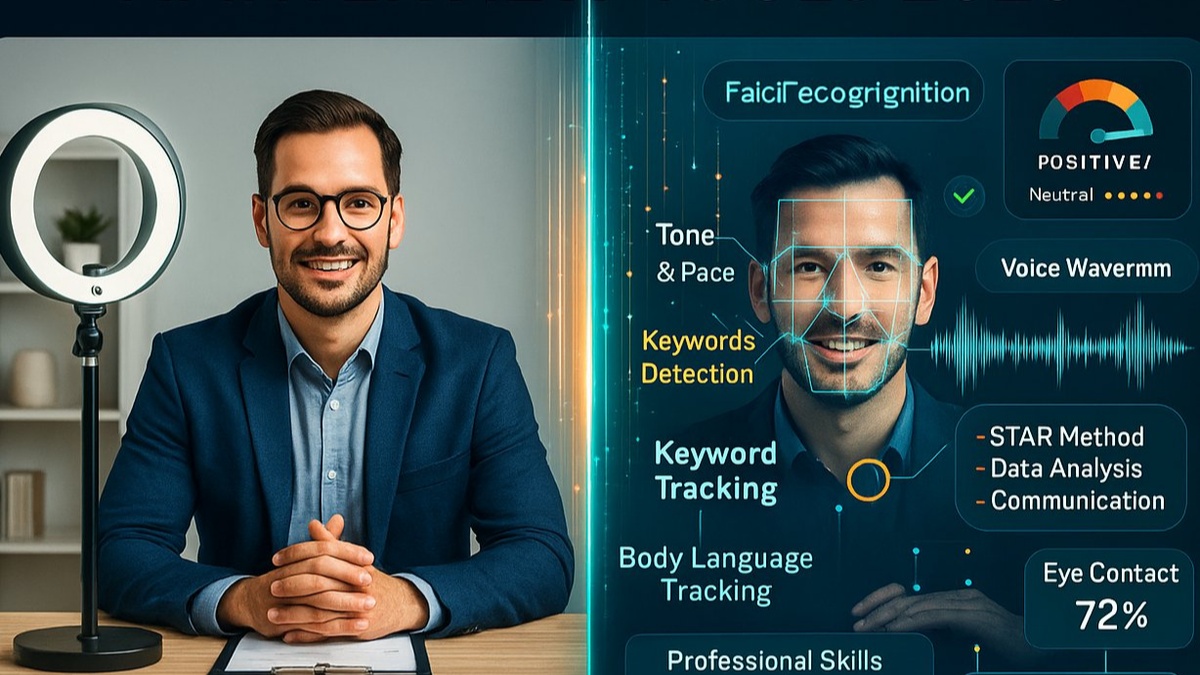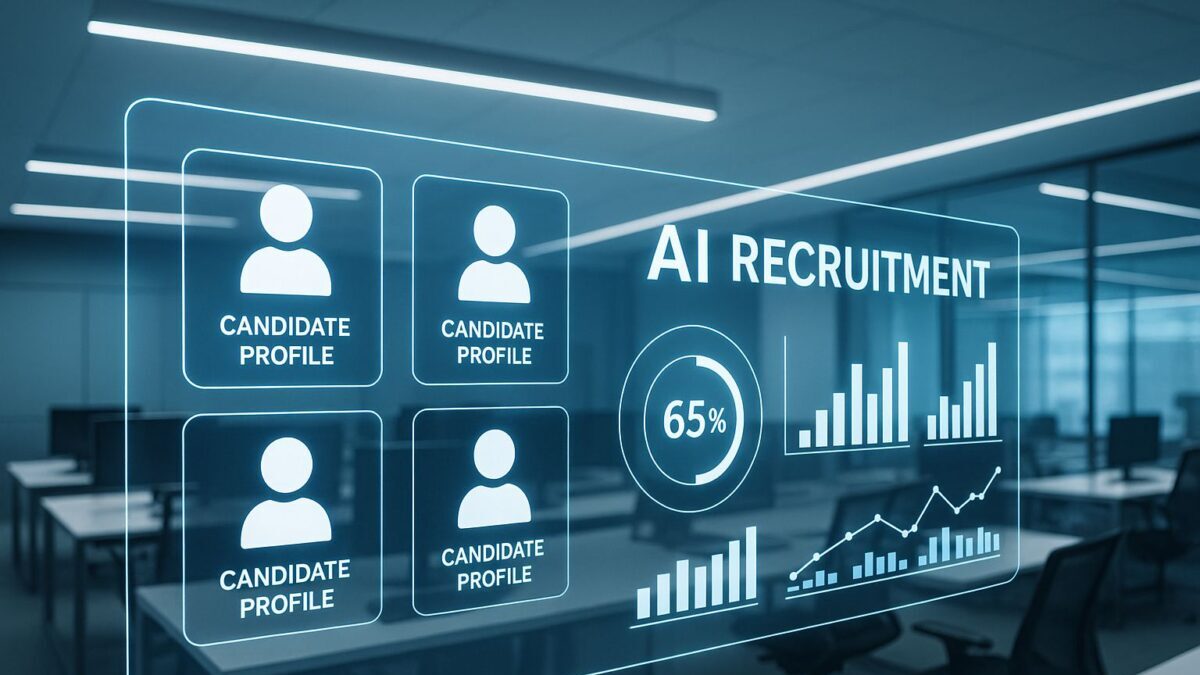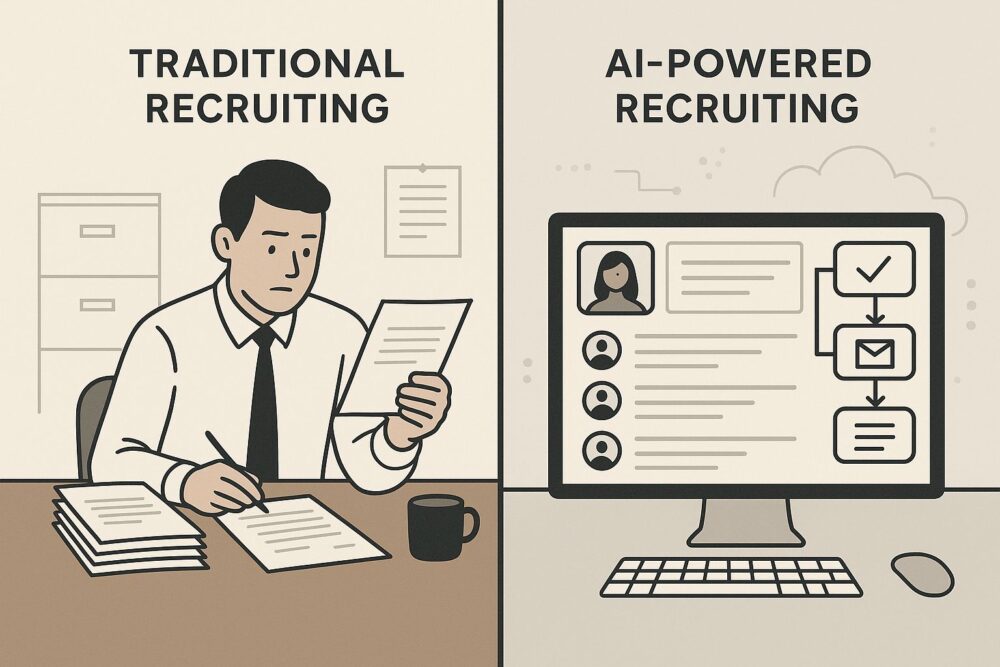India’s emergence as a global AI Workforce Revolution leader leverages the nation’s unparalleled combination of technical expertise, diverse talent pool, and cost-effective solutions. As organizations worldwide seek professionals capable of thriving in human-agent collaborative environments, India provides the skilled workforce that drives this transformation.
India’s Competitive Advantage in the AI Workforce Revolution
The AI Workforce finds its strongest foundation in India’s robust technology ecosystem and highly educated workforce. The nation’s software development heritage, combined with emerging AI capabilities, creates unique opportunities for professionals who understand both traditional IT services and next-generation human-AI collaboration.
India’s AI Workforce benefits from government initiatives that promote AI research, education, and industry adoption. Programs like Digital India and Skill India align with the AI Workforce, creating systematic approaches to workforce development that serve global markets.
IT Services Transformation in the AI Workforce Revolution
 Software Development and the AI Workforce Revolution
Software Development and the AI Workforce Revolution
India’s software industry leads the AI Workforce through AI-assisted coding, automated testing, and intelligent project management systems. Developers increasingly work alongside AI agents for enhanced productivity while maintaining the creative problem-solving that defines quality software.
The AI Workforce transforms traditional outsourcing models into collaborative partnerships where Indian teams work with AI agents to deliver superior results. This evolution creates new service categories that combine human expertise with AI capabilities for global clients.
Data Analytics and AI Workforce Revolution Applications
Indian professionals excel in the AI Workforce through advanced data analytics, machine learning implementation, and AI model development. These skills position India as a preferred destination for organizations seeking human-AI collaborative solutions for complex business challenges.
The AI Workforce in India’s analytics sector creates hybrid roles where data scientists collaborate with AI agents for enhanced insights while applying human judgment for strategic recommendations. This combination delivers exceptional value for global business clients. AI jobs barometer.
Manufacturing and the AI Workforce Revolution in India
India’s manufacturing sector embraces the AI Workforce through smart factory implementation, predictive maintenance systems, and AI-enhanced quality control. Manufacturing professionals work alongside AI agents for improved efficiency, safety, and product quality.
The AI Workforce transforms traditional manufacturing roles into technology-enhanced positions where human oversight combines with AI automation. This evolution positions India as a competitive manufacturing destination in an AI-driven global economy. Augmented connected workforce.
Healthcare Innovation Through India’s AI Workforce Revolution
Healthcare professionals in India pioneer the AI Workforce through diagnostic AI systems, treatment recommendation engines, and patient monitoring applications. Medical professionals collaborate with AI agents to improve patient outcomes while reducing costs.
India’s AI Workforce in healthcare creates scalable solutions that serve both domestic and international markets. Telemedicine platforms enhanced by AI capabilities exemplify how Indian innovation drives global healthcare transformation.
Education and Skill Development for the AI Workforce Revolution
Academic Programs Supporting the AI Workforce Revolution
Indian universities and technical institutes develop curricula that prepare graduates for the AI Workforce. These programs emphasize both technical AI skills and the collaborative competencies necessary for effective human-agent teamwork. Hybrid ai workforce.
Professional development in India’s AI Workforce focuses on continuous learning approaches that help workers adapt to evolving AI technologies. This commitment to lifelong learning ensures Indian professionals remain competitive in global markets.
Certification and Training for AI Workforce Revolution Careers
Industry certification programs supporting India’s AI Workforce provide validated skills recognition that global employers trust. These credentials combine technical AI knowledge with practical experience in human-agent collaboration.
The AI Workforce training ecosystem in India includes both academic institutions and private training providers, creating comprehensive pathways for career development in AI-enhanced work environments.
Global Opportunities from India’s AI Workforce Revolution
Indian professionals trained in the AI Workforce find expanding opportunities in international markets where human-AI collaboration skills are increasingly valuable. This global demand creates career pathways that combine domestic training with international experience.
The AI Workforce positions India as a talent source for organizations worldwide seeking professionals who can implement and manage human-agent collaborative systems effectively. This global reach multiplies career opportunities for Indian workers.
Economic Impact of India’s AI Workforce Revolution
India’s AI Workforce contributes significantly to economic growth through increased productivity, innovation, and export earnings. The transformation creates new industries while enhancing traditional sectors with AI capabilities.
The AI Workforce supports India’s goal of becoming a $5 trillion economy by creating high-value services that leverage both human intelligence and AI capabilities. This combination provides sustainable competitive advantages in global markets.
India’s leadership in the AI Workforce demonstrates how emerging economies can leapfrog traditional development stages through strategic technology adoption. By combining abundant human talent with AI capabilities, India creates solutions that serve global markets while driving domestic prosperity.
WordPress Tags: AI Workforce Revolution, India recruitment, human-agent teams, AI careers India, technology jobs, IT services, global workforce, AI development




